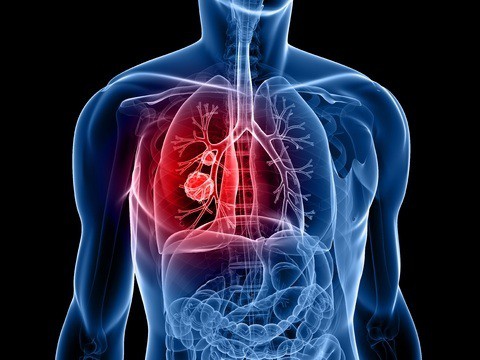 Innovative genetic research is changing the way doctors are treating their patients, especially in the fight against cancer. It is now possible for doctors to look at cancer cases individually by looking at the genes of the actual cancer cells. At the same time modern medicine is getting closer to understanding the patient’s genetic makeup enough to devise treatments specific to a specific cancer in an individual patient.
Innovative genetic research is changing the way doctors are treating their patients, especially in the fight against cancer. It is now possible for doctors to look at cancer cases individually by looking at the genes of the actual cancer cells. At the same time modern medicine is getting closer to understanding the patient’s genetic makeup enough to devise treatments specific to a specific cancer in an individual patient.
Just a decade ago this type of treatment was still an idea in progress, with a few hopeful advancements. However in June of this year, doctors published results that will serve to spark more research into this incredible field of medicine.
In the most recent study, lung-cancer patients who received medication specifically tailored to the genetic makeup of their cancer lived more than a year longer than patients who were not treated with these more specific treatment options. As scientists learn more about the applications of personalized medicine, the survival rates may increase even more. Collectively, lung cancers have among the highest mortality rate of any cancer. The overall 5-year survival rate is approximately 16%. So increasing survival over a year is significant for the patients and their families.
For other cancers, this treatment protocol may increase survival rates even more. In comparison, the current five year survival rate for prostate cancer is 99%; breast cancer 85%; and colon cancer over 64%. As additional research works out the details of applying personalized medicine across individual cancers, survival rates may be dramatically improved.
This study is encouraging, but other researchers are quick to point out that it is often difficult to transfer the success of one treatment for one cancer to other cancers. The rapidly expanding and comprehensive knowledge of the genetics of cancer, as well as the technology to develop new medicines, is revolutionary.
The merging of science and technology in areas such as nanotechnology can help doctors deliver cancer drugs to a tumor in a more precise way than ever before, making the knowledge of treating cancer on the genetic level a true reality. As these emerging technologies merge with the latest research in genetic discovery, there is greater hope that the mysteries of cancer will be unraveled yielding higher survival rates for patients across cancer types.









